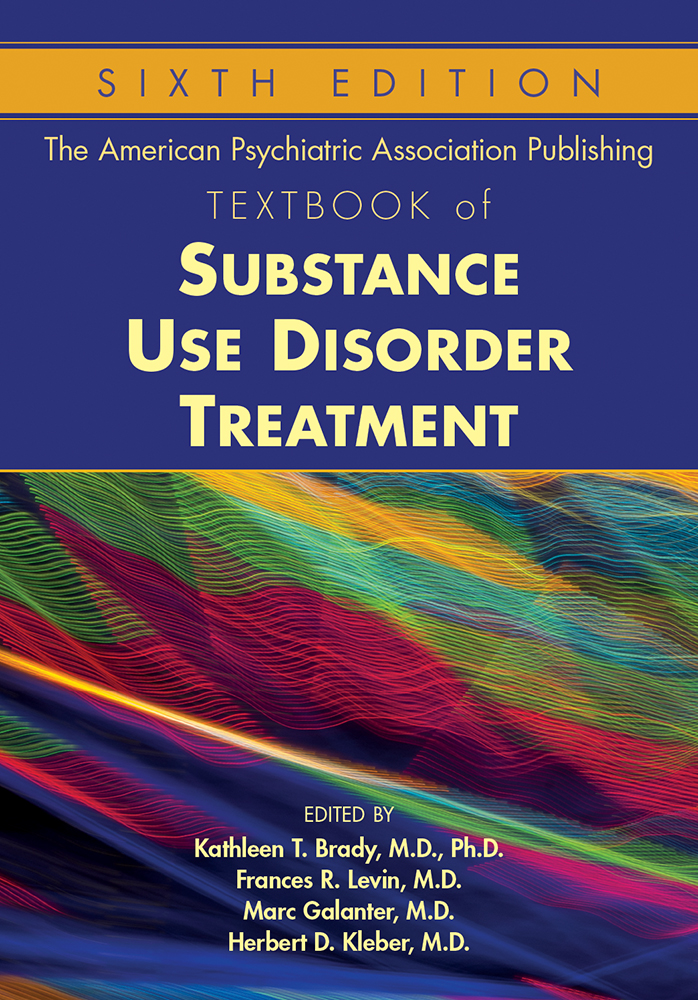Sections
Excerpt
Nicotine is found in the leaves of plants in the Solanaceae family and acts as a natural insecticide. Among plants in this family, the tobacco plant (Nicotiana tabacum) contains the highest concentrations of nicotine; however, significantly lower levels of nicotine are also found in other members of the Solanaceae family, including tomatoes, potatoes, and eggplants. Use of tobacco by humans dates back at least 2,500 years to the Mayans, with its introduction to Europe occurring in the early 1500s. Snuff and pipe tobacco were the most prevalent early forms used, followed by cigars in the 1800s. The first commercially available cigarettes were produced in the mid-1800s, and they became the most prevalent form used. There are currently an estimated 1 billion smokers worldwide. Smoking remains one of the leading preventable causes of death in the world.
Access content
To read the fulltext, please use one of the options below to sign in or purchase access.- Personal login
- Institutional Login
- Sign in via OpenAthens
- Register for access
-
Please login/register if you wish to pair your device and check access availability.
Not a subscriber?
PsychiatryOnline subscription options offer access to the DSM-5 library, books, journals, CME, and patient resources. This all-in-one virtual library provides psychiatrists and mental health professionals with key resources for diagnosis, treatment, research, and professional development.
Need more help? PsychiatryOnline Customer Service may be reached by emailing [email protected] or by calling 800-368-5777 (in the U.S.) or 703-907-7322 (outside the U.S.).



